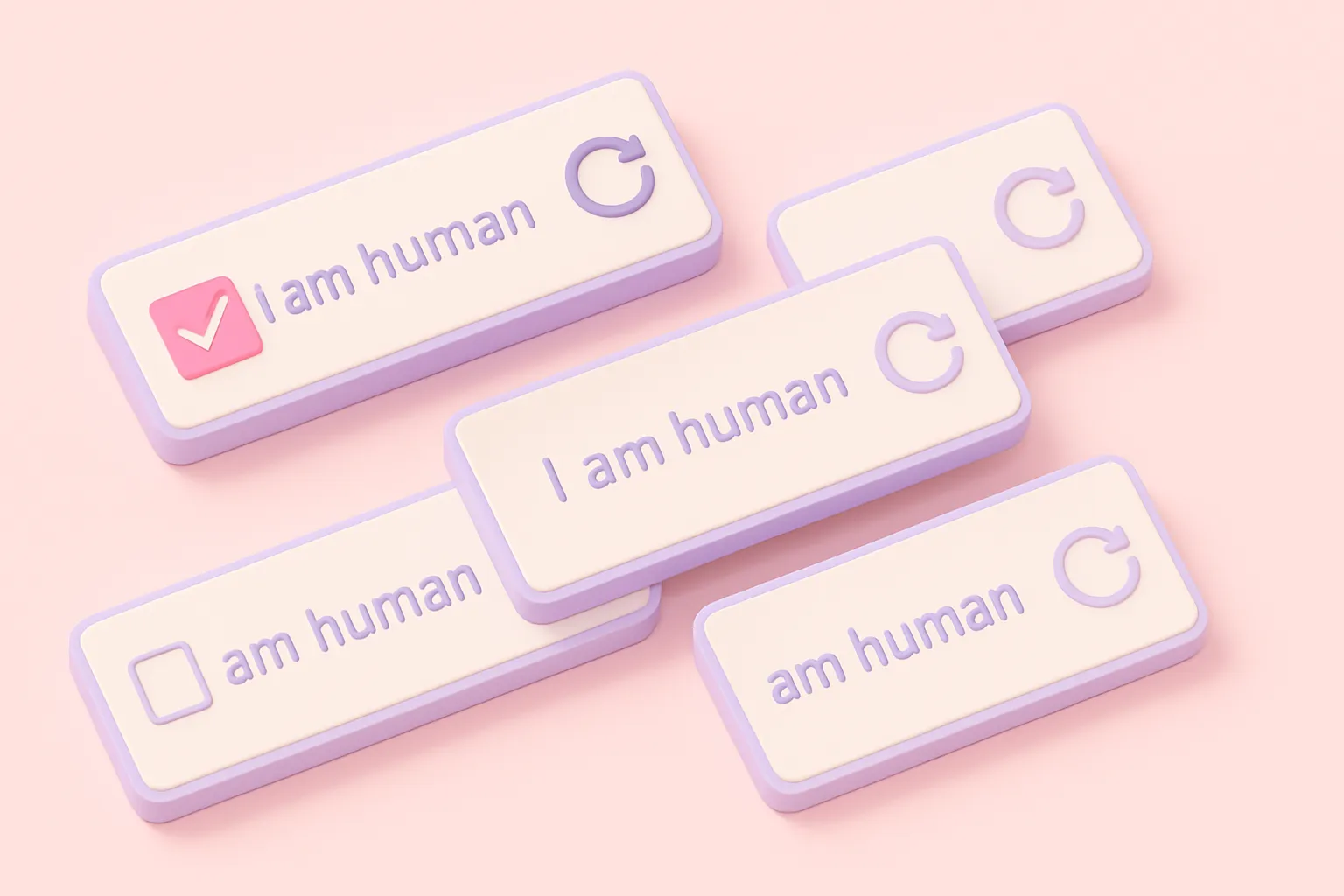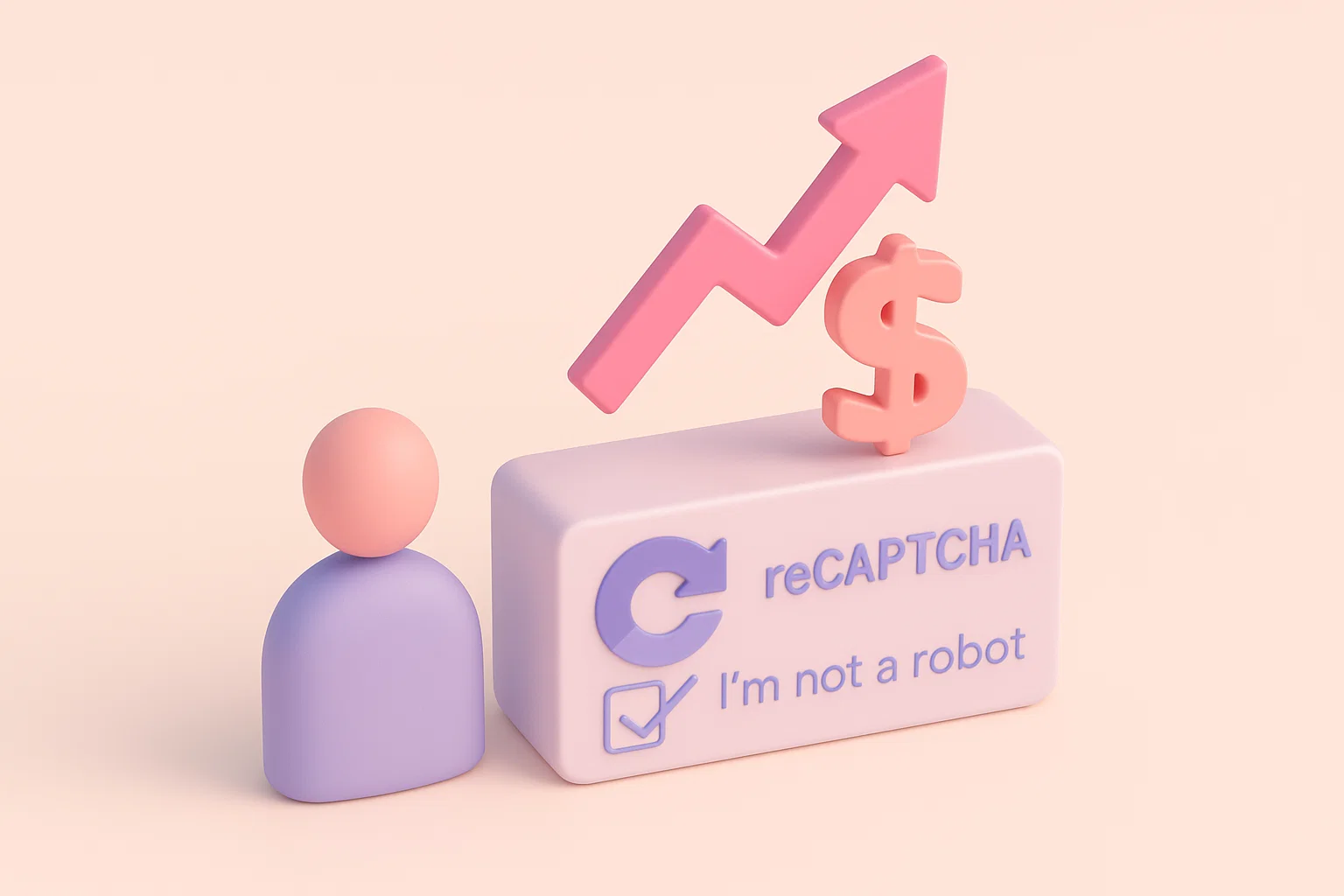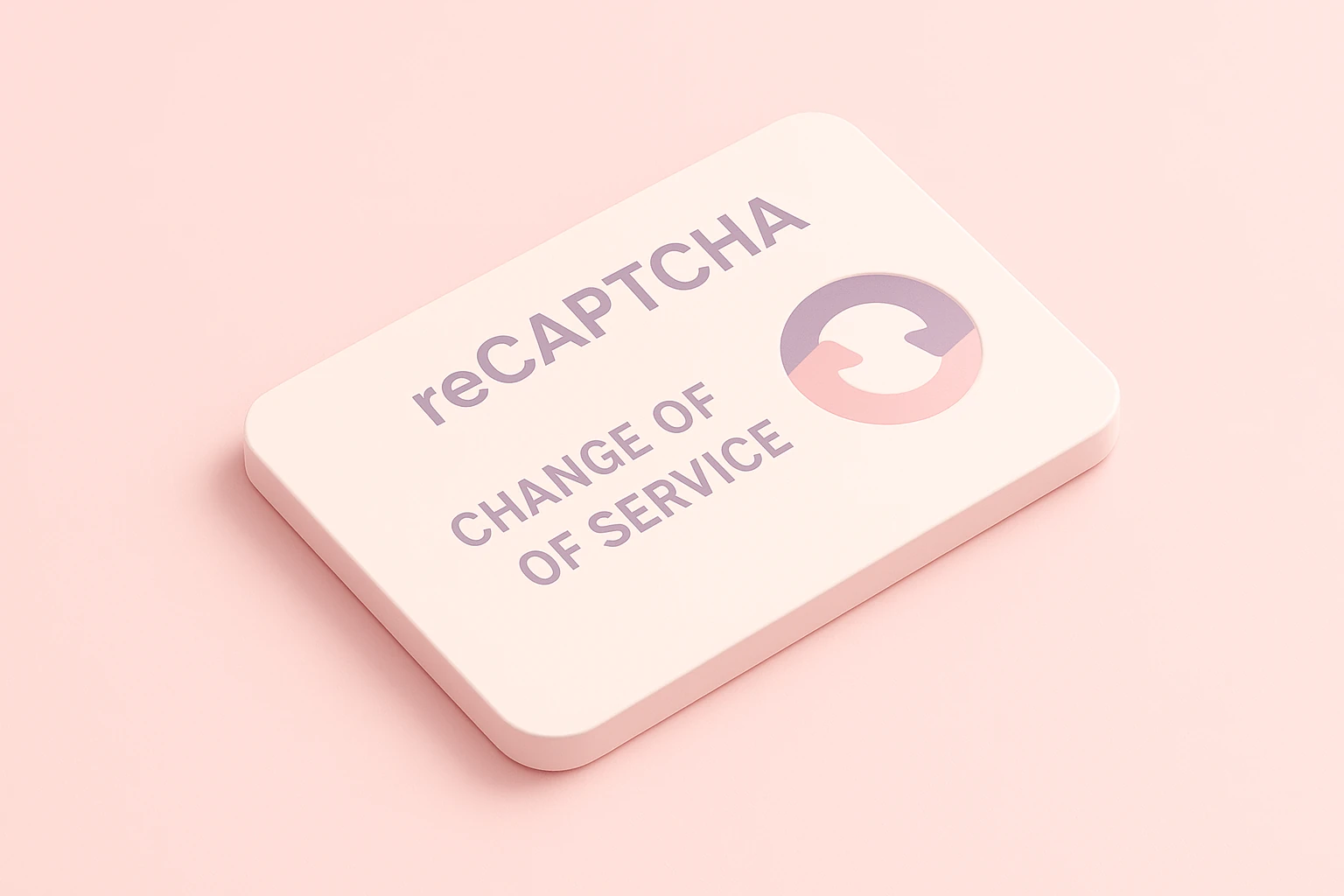Google reCAPTCHA is a privacy nightmare - Questions over privacy promises and cookie use
In the vast expanse of the internet, where security and privacy often clash, Google's reCAPTCHA emerges as a double-edged sword. Ostensibly designed to differentiate humans from bots, reCAPTCHA has become a fixture on over 15 million websites, boasting a sizable market share, well above competitors such as Prosopo Procaptcha (that's us!), hCaptcha or Cloudflare Turnstile. But beneath its surface of convenience and security lies a complex web of privacy concerns that warrant a closer examination.
The Crux of Privacy Concerns with Google reCAPTCHA
Scrutiny by the French data protection authority, CNIL, reveals the problematic infrastructure that allows for reCAPTCHA's operations. The investigation, which incidentally unfolded during a probe into the e-scooter company CITYSCOOT, brought to light reCAPTCHA's practices of transmitting European users' data to U.S.-based servers without proper consent or disclosure. This revelation is not merely a blip on the radar but a symptom of a pervasive disregard for user privacy.
The Legal Backdrop
French Law, specifically Article 82 of the Data Protection Act, mandates clear and comprehensive user consent before any data collection or storage on electronic communication devices. However, CITYSCOOT's deployment of reCAPTCHA failed to meet these criteria, neither informing users about the data collection nor obtaining their explicit consent.
This oversight is not just a regulatory misstep but reflects a broader issue within the digital ecosystem, where user data becomes a currency traded without the user's informed consent. Further, this leads to the pretence of website security used as the backbone for the worlds largest advertising networks. Google doesn't care if your users are bots. Google cares deeply about what shoes they might want to buy, what their favourite sports team is and when they like to purchase gifts.
Beyond Authentication: A Privacy Paradox
Defending its use of reCAPTCHA, CITYSCOOT argued that the mechanism was vital for securing user authentication - a claim that seems reasonable at first glance. Yet, this defense crumbles under scrutiny when considering reCAPTCHA's broader data collection practices, which extend well beyond the realms of security. Google's reCAPTCHA, by virtue of its operation, collects extensive user data, including IP addresses, browser information, and even behavioral patterns, ostensibly to enhance its security mechanisms. However, this data collection serves dual purposes, feeding into Google's vast data reservoirs for purposes that may extend beyond mere authentication security.
The Bigger Picture: User Privacy at Stake
The concerns surrounding reCAPTCHA are emblematic of a larger debate on privacy and consent in the digital age. The mechanism's pervasive use, coupled with opaque data handling practices, raises critical questions about the balance between security and privacy. While reCAPTCHA claims its main purpose to be securing websites from bots, it also opens a backdoor to clear privacy invasions, leveraging user interactions for data collection without transparent consent mechanisms.
A Call for Transparency and Accountability
The CITYSCOOT case, as adjudicated by CNIL, underscores the urgent need for transparency and accountability in how companies deploy security mechanisms like reCAPTCHA. It is not enough to embed third-party services on websites without considering their implications for user privacy. Companies must ensure that such services comply with local and international data protection laws, providing clear, unambiguous information to users about what data is collected, for what purpose, and offering a genuine choice to opt-out.
Towards a Privacy-Respecting Future
As we navigate the privacy maze, the narrative around reCAPTCHA serves as a critical reminder of the trade-offs between security and privacy. The digital ecosystem must prioritise user consent, ensuring that security mechanisms do not become trojan horses for privacy invasions. Solutions exist, but they require a concerted effort from all stakeholders - companies, regulators, and users - to demand and implement privacy-respecting practices.
Alternative CAPTCHA products that don't invade user privacy appear few and far between. Prosopo Procaptcha seems to be a clear market leader (if we do say so ourselves!), but there are interesting products offered by the likes of FriendlyCaptcha.
Embracing Alternatives and Best Practices
The way forward involves exploring alternatives to reCAPTCHA that do not compromise on privacy. Privacy-focused CAPTCHA solutions, rigorous consent mechanisms, and adherence to privacy-by-design principles can pave the way for a more secure and privacy-respecting digital environment. Companies must lead by example, embracing transparency and accountability in their data practices, while users must remain vigilant, demanding respect for their privacy rights.
What should we do about all of this?
While reCAPTCHA provides a serviceable solution to the real problem in distinguishing humans from bots, it also poses significant privacy concerns that cannot be ignored. The digital age demands a delicate balance between security and privacy, a balance that can only be achieved through transparency, consent, and a commitment to user rights. As we tread this fine line, let us not forget that in the quest for security, privacy should not become the casualty.
Bot Protection Without Data Harvesting
If you're interested in protecting your website from bots without compromising user privacy, please get in touch below to arrange a demo or discuss your requirements.
Related Posts to Google reCAPTCHA is a privacy nightmare - Questions over privacy promises and cookie use

How to deploy Procaptcha on your website or app
Wed, 20 Sept 2023

How the Google reCAPTCHA Price Hike Affects You
Sun, 18 Feb 2024

Top CAPTCHA Solutions of 2024 - Balancing Security and Usability
Tue, 20 Feb 2024

Stop giving your website data away!
Thu, 22 Feb 2024

Why am I clicking traffic lights? The reason Google reCAPTCHA frustrates users
Fri, 15 Mar 2024

How Much Does Prosopo Procaptcha Cost Compared to reCAPTCHA?
Tue, 09 Apr 2024

What is the best value CAPTCHA in 2024?
Sat, 13 Apr 2024

reCAPTCHA is Changing Its Terms of Service
Mon, 10 Nov 2025

